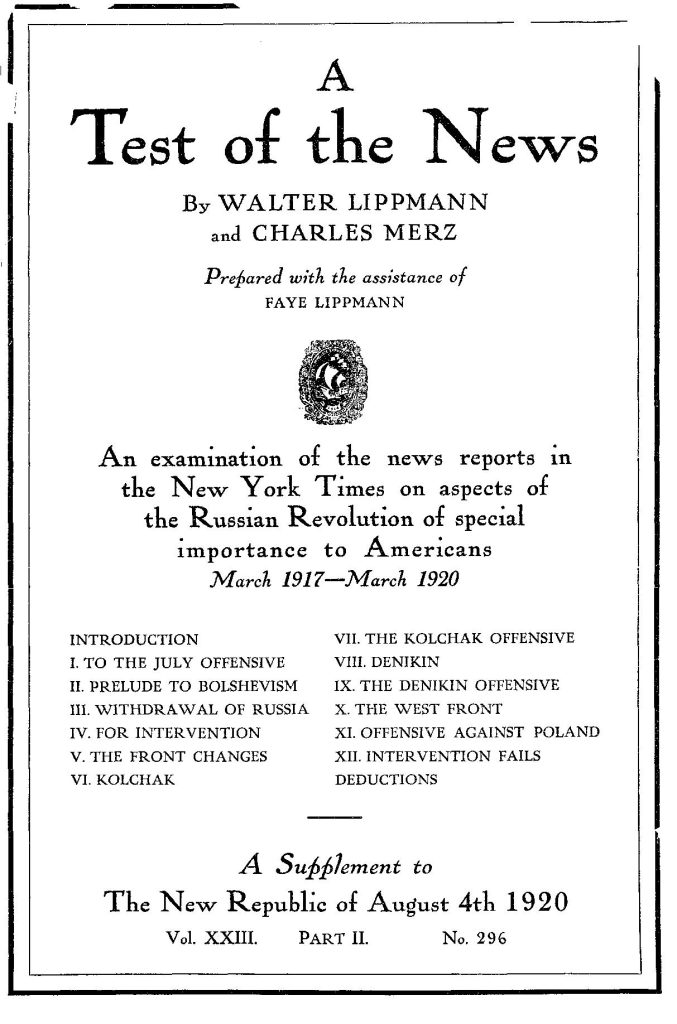
When Wagner Group leader Yevgeny Prigozhin launched a revolt against Vladimir Putin on June 23, Beltway pundits became euphoric, predicting Russia’s descent into a civil war and the potential end of Vladimir Putin’s regime.
Michael McFaul, the former U.S. Ambassador to Russia, took to Twitter to declare that Putin had left Moscow; that a civil war had begun, and that “rats were jumping from Putin’s ship.”
Washington Post columnist Anne Applebaum penned a hasty article in The Atlantic entitled: “Russia Slides Into Civil War: Is Putin facing his Czar Nicholas II moment?”
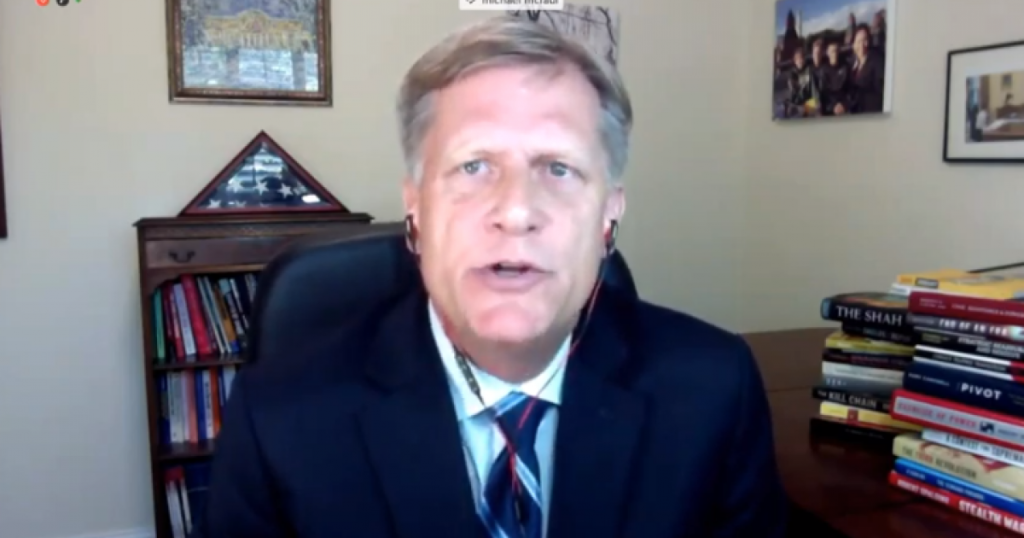

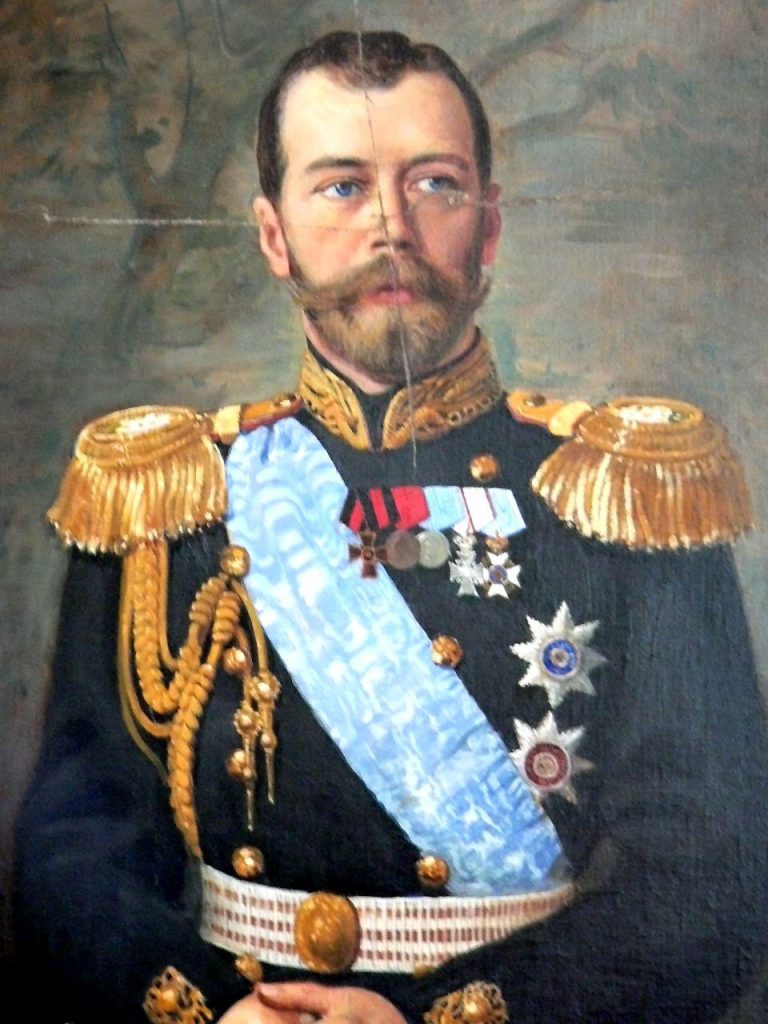
She was referring to the last Romanov czar who was overthrown in the Russian Revolution.
Both McFaul and Applebaum’s predictions, of course, proved to be false.
On the afternoon of June 24 news broke across the U.S. that Prigozhin had struck a deal with Belarusian President Alexander Lukashenko to end his protest and go into exile. At the time, the Russian military was eviscerating Ukraine’s NATO-trained army after it had launched a much hyped counteroffensive, inflicting casualties at a 10-to-1 ratio.[1]
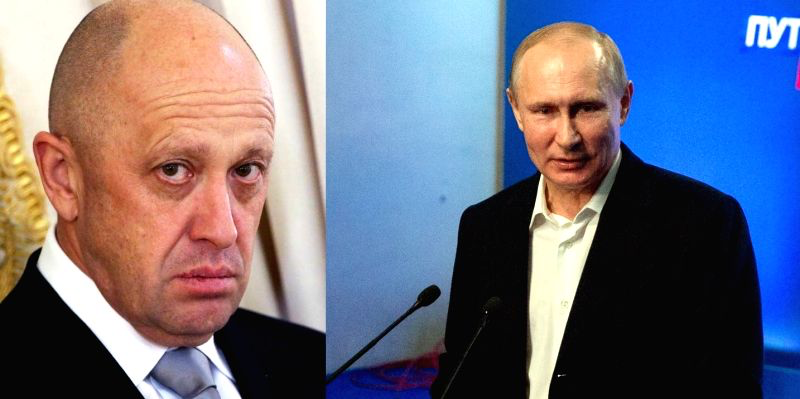
Former UN Weapons inspector Scott Ritter wrote that “not a single military unit or officer, not a single politician, and not a single businessman—no one—rallied to Prigozhin’s cause; Russia had sided with its President, Vladimir Putin.”[2]
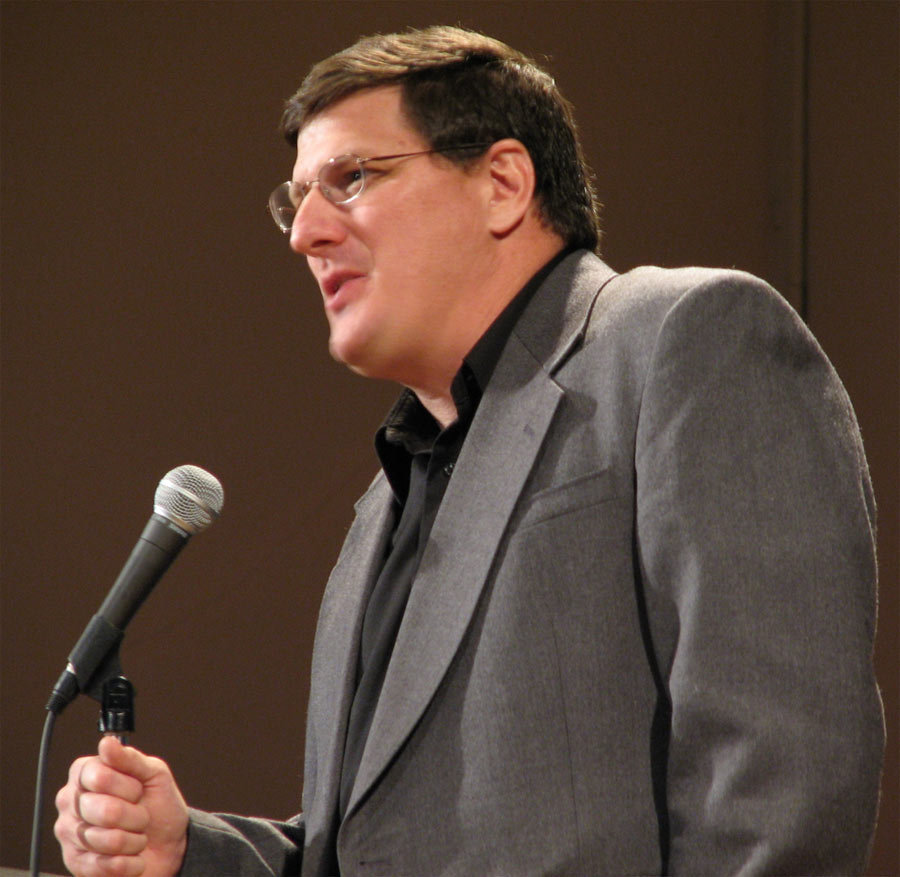
McFaul and Applebaum’s commentaries were emblematic of an intellectual elite that has repeatedly misled the public while helping to mobilize public opinion against Russia by demonizing Putin and valorizing Ukraine, despite the strong influence of neo-Nazis there.
In May, Applebaum, a member of the the Board of Directors of the National Endowment for Democracy (NED), a CIA offshoot, predicted a decisive Ukrainian counteroffensive that would storm through Russian defenses, not only “liberating” Crimea but also encouraging regime change from Moscow to Venezuela.
Like her others, this prediction too has proven to be wrong. It does, however, fit a historical pattern by which government-connected intellectuals lend support for U.S. foreign policy objectives even if they are totally unrealistic.
One hundred years ago, Walter Lippmann and Charles Merz published a study of The New York Times’s coverage of the Russian Revolution, “A Test of the News.” Lippmann was a famous newspaper columnist and Merz was, ironically, the future editor of The New York Times.
The two concluded that the Times’s coverage was “almost always misleading” and that the reporters could “fairly be charged with boundless credulity, and an untiring readiness to be gulled, and on many occasions with a downright lack of common sense.”
Most egregious was the fact that the editors’ zealous opposition to the communists led the paper to report atrocities that never happened. They further predicted the imminent collapse of the Bolshevik regime no fewer than 91 times in three years.[3]
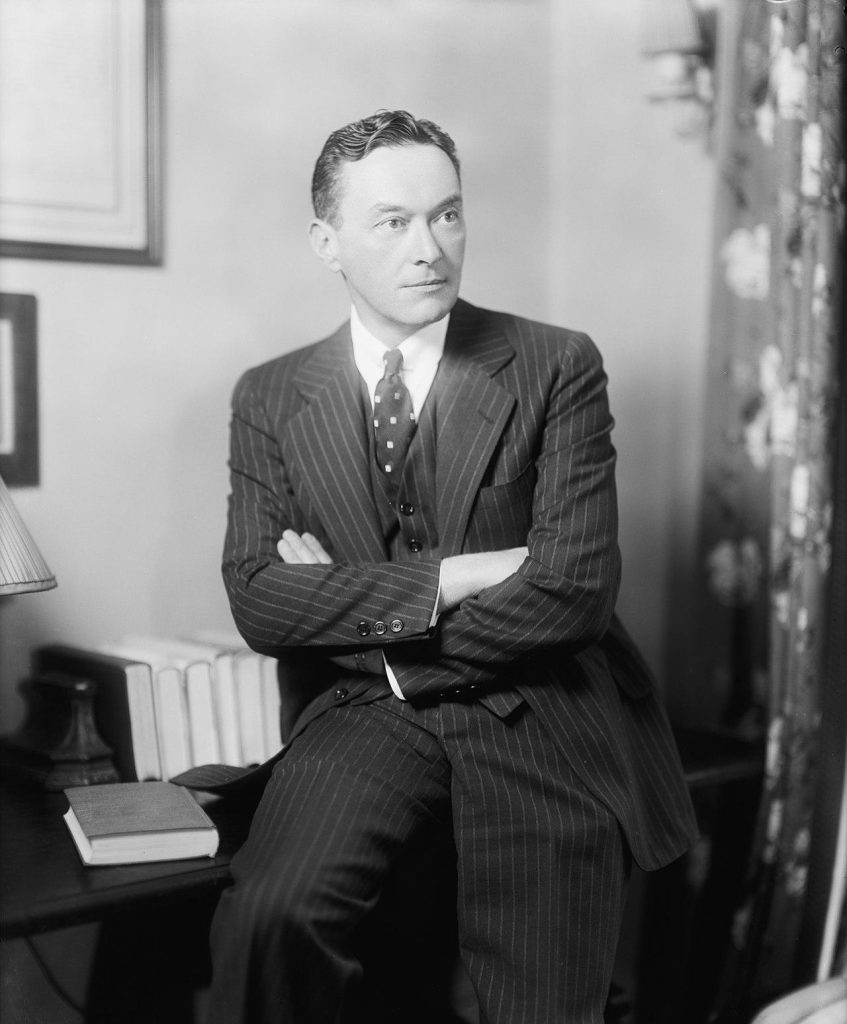
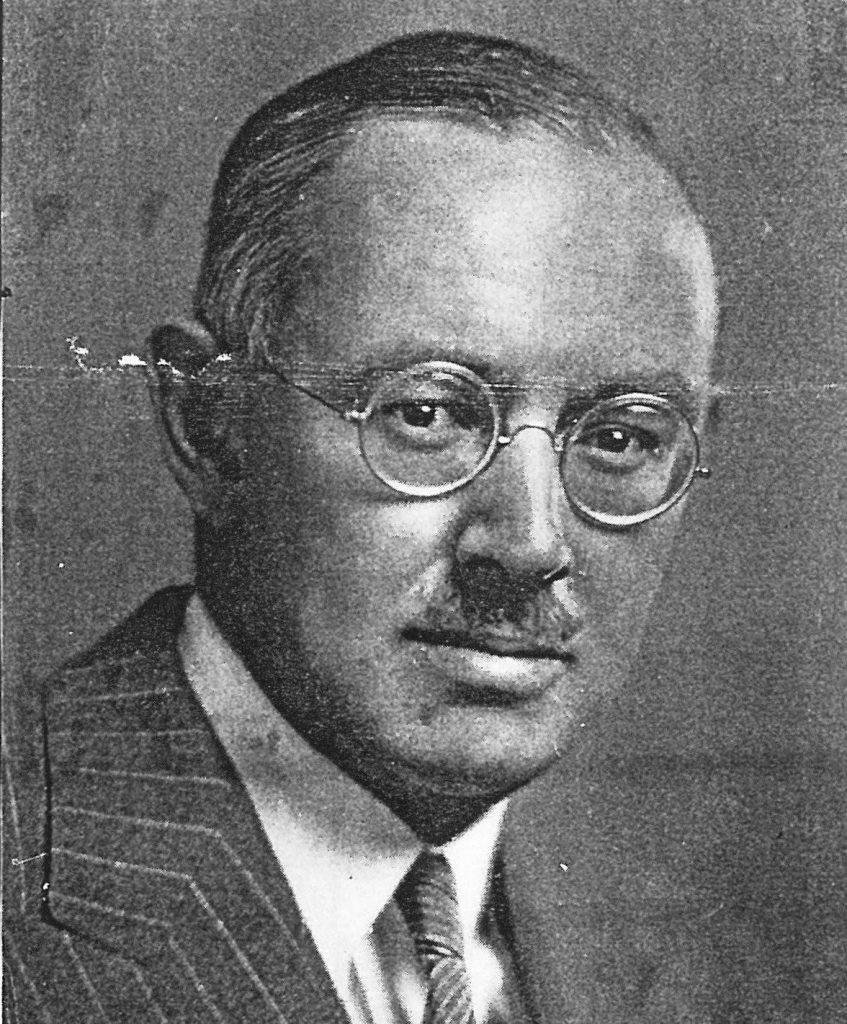
This sounds familiar to our own times when Beltway pundits and other media have been blaming Russia for atrocities in the war that were committed by Ukraine, while reporting ceaselessly on Putin’s alleged megalomania and imminent demise.
In reality, Putin has sustained considerable support within Russia because of the transformation of its economy from the Wild West days of the 1990s, when Boris Yeltsin had opened the country to foreign economic plunder, and because of his ability to withstand sanctions through strengthening regional economic relations and build-up of local industry.
Polls show that most Russians support the Special Military Operation (SMO). They believe that it was necessitated by U.S. and Ukrainian policies, and is designed to save the beleaguered Russian-speaking population of eastern Ukraine, which came under attack following the U.S.-backed Maidan coup in February 2014.
Neo-conservative pundits like McFaul and Applebaum have long championed Alexei Navalny as Russia’s great liberal hope. But Navalny holds many reactionary political views and supports regional separatist movements that, if successful, would weaken the Russian Federation—just as the West wants.
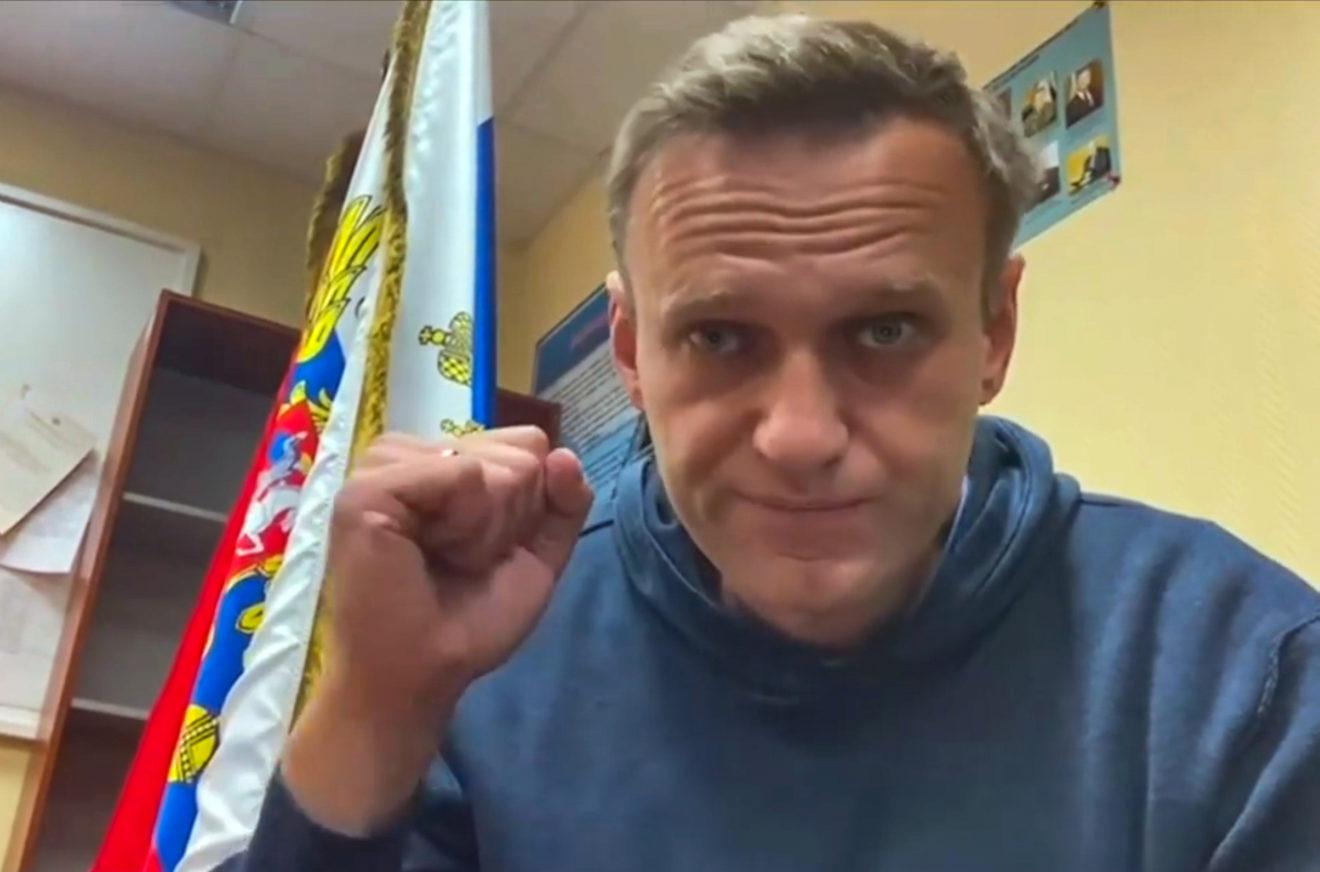
The fawning media depictions of Navalny resemble the flattery that was bestowed a century ago on Alexander Kerensky, leader of the short-lived Russian Republic from late July to early November 1917. He was also favored in Western capitals but hated by the Russian people for keeping the nation in World War I and because he failed to satisfy a yearning for land reform and sweeping social change following the demise of Czar Nicholas II.

Like Kerensky, Navalny has very limited support within Russia. You would not know this, however, from reading The New York Times or other mainstream publications, or from listening to pundits like Applebaum and McFaul. They enjoy high public profiles despite almost always being wrong.

-
During the first three weeks of the Ukrainian counteroffensive, more than 13,000 Ukrainian soldiers were killed, along with hundreds of tanks and armored vehicles—many of which were just recently supplied to Ukraine—destroyed ↑
-
Scott Ritter, “Wagner, I Hardly Knew Ye,” Scott Ritter Extra, June 28, 2023, https://www.scottritterextra.com/p/wagner-i-hardly-knew-ye. Ritter suggests that Prigozhin was supported by British intelligence (MI-6). ↑
-
The regime actually lasted for over 70 years until 1991. ↑
CovertAction Magazine is made possible by subscriptions, orders and donations from readers like you.
Blow the Whistle on U.S. Imperialism
Click the whistle and donate
When you donate to CovertAction Magazine, you are supporting investigative journalism. Your contributions go directly to supporting the development, production, editing, and dissemination of the Magazine.
CovertAction Magazine does not receive corporate or government sponsorship. Yet, we hold a steadfast commitment to providing compensation for writers, editorial and technical support. Your support helps facilitate this compensation as well as increase the caliber of this work.
Please make a donation by clicking on the donate logo above and enter the amount and your credit or debit card information.
CovertAction Institute, Inc. (CAI) is a 501(c)(3) non-profit organization and your gift is tax-deductible for federal income purposes. CAI’s tax-exempt ID number is 87-2461683.
We sincerely thank you for your support.
Disclaimer: The contents of this article are the sole responsibility of the author(s). CovertAction Institute, Inc. (CAI), including its Board of Directors (BD), Editorial Board (EB), Advisory Board (AB), staff, volunteers and its projects (including CovertAction Magazine) are not responsible for any inaccurate or incorrect statement in this article. This article also does not necessarily represent the views the BD, the EB, the AB, staff, volunteers, or any members of its projects.
Differing viewpoints: CAM publishes articles with differing viewpoints in an effort to nurture vibrant debate and thoughtful critical analysis. Feel free to comment on the articles in the comment section and/or send your letters to the Editors, which we will publish in the Letters column.
Copyrighted Material: This web site may contain copyrighted material the use of which has not always been specifically authorized by the copyright owner. As a not-for-profit charitable organization incorporated in the State of New York, we are making such material available in an effort to advance the understanding of humanity’s problems and hopefully to help find solutions for those problems. We believe this constitutes a ‘fair use’ of any such copyrighted material as provided for in section 107 of the US Copyright Law. You can read more about ‘fair use’ and US Copyright Law at the Legal Information Institute of Cornell Law School.
Republishing: CovertAction Magazine (CAM) grants permission to cross-post CAM articles on not-for-profit community internet sites as long as the source is acknowledged together with a hyperlink to the original CovertAction Magazine article. Also, kindly let us know at info@CovertActionMagazine.com. For publication of CAM articles in print or other forms including commercial internet sites, contact: info@CovertActionMagazine.com.
By using this site, you agree to these terms above.
About the Author

Jeremy Kuzmarov holds a Ph.D. in American history from Brandeis University and has taught at numerous colleges across the United States. He is regularly sought out as an expert on U.S. history and politics for radio and TV programs and co-hosts a radio show on New York Public Radio and on Progressive Radio News Network called “Uncontrolled Opposition.”
He is Managing Editor of CovertAction Magazine and is the author of six books on U.S. foreign policy, including Obama’s Unending Wars (Clarity Press, 2019), The Russians Are Coming, Again, with John Marciano (Monthly Review Press, 2018), Warmonger. How Clinton’s Malign Foreign Policy Launched the U.S. Trajectory From Bush II to Biden (Clarity Press, 2023); and with Dan Kovalik, Syria: Anatomy of Regime Change (Baraka Books, 2025).
Besides these books, Kuzmarov has published hundreds of articles and contributed to numerous edited volumes, including one in the prestigious Oxford History of Counterinsurgency .
He can be reached at jkuzmarov2@gmail.com and found on substack here.










